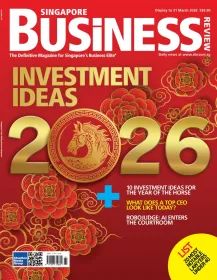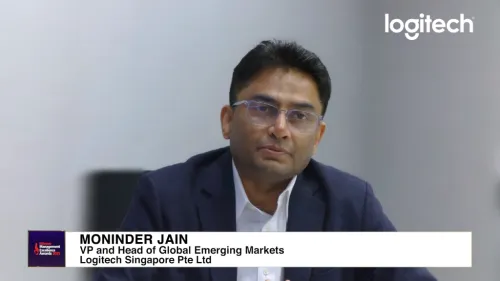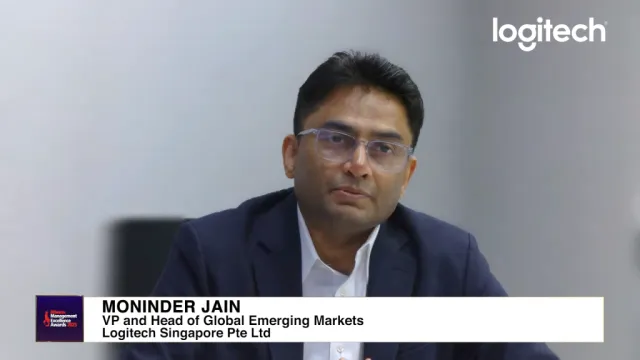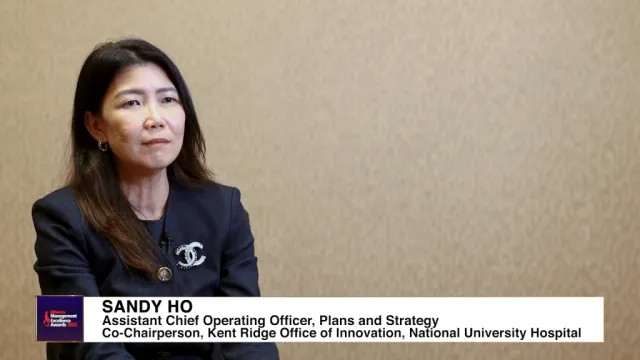Join the community
Thought Leadership Centre
Most Read
1. Singapore to slash CDC vouchers as Budget 2026 pivots to defence 2. Budget 2026 to surge tech funding as ageing workforce squeezes growth: analysts 3. OCBC and UOB to reverse year-long NIM slide in Q4 4. UOB set for growth as DBS, OCBC earnings hold steady: report 5. E-ang bao use jumps nearly 50% in 2025 as seniors ditch red packets: OCBCResource Center
Awards
Apr
14
Event News
Singapore Business Review Management Excellence Awards 2025 Winner: Moninder Jain of Logitech Singapore Pte Ltd
Moninder Jain of Logitech Singapore highlights how human and AI collaboration strengthened the company’s market position.


 Advertise
Advertise
















Commentary
Oil & Gas 4.0: Digital opportunity knocks for Singapore
Oil & Gas 4.0: Digital opportunity knocks for Singapore
Transforming Singapore's next generation of leaders: Best practices and strategies for development of future leaders
PropTech: Beyond the Classified Section
Authentication processes set to become a competitive lever in banking
The Future Skills That Singapore Needs Are Already Here
Re-thinking Reputation for businesses in Singapore, and achieving ‘surplus'
Investment theory deconstructed
Strengthening Finance Governance of Modern Businesses
Personalised user experiences – what's the secret sauce?
Businesses in Singapore Are Starting To Get Their IT Diets Right
Singapore should embrace automation for its next stage of growth
How Singapore's agriculture industry can thrive with IoT
Technology will only make soft skills more important
Singapore maintains strong intellectual property protections in 2019 Index
Singaporean workers need to be data literate to thrive in today's business climate
Automation and Labour: Better Together
How Singapore brands can refresh their email marketing strategy in the face of omnichannel